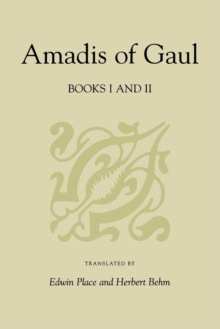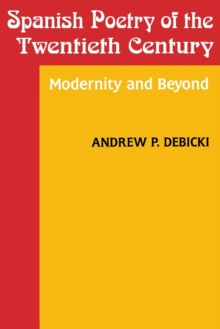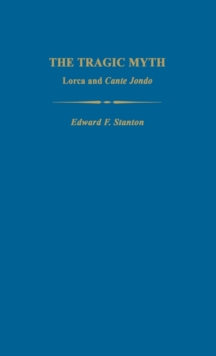
Pious Brief Narrative in Medieval Castilian and Galician Verse : From Berceo to Alfonso X Hardback
by John E. Keller
Part of the Studies in Romance Languages series
Hardback
- Information
Description
"Brief narratives," or medieval precursors to the modern short story, are compositions couched in the form of a tale of reasonable short length.
They began with writings in Latin and, eventually, made their way into the vernacular languages of Europe.
They include the fable, the apologue, the exemplum, the saint's life, the miracle, the biography, the adventure tale, the romance, the jest, and the anecdote, among others.
In Spain, the oldest extant brief narratives in written form are in verse and date from the late twelfth and early thirteenth centuries.
The earliest examples include La vida de Santa Maria Egipciaca and El libre dels tres reys d'Orient.
Both are concise enough to be read in one sitting and were probably read before or after meals as entertainment. In Pious Brief Narrative in Medieval Castilian and Galician Verse, John E.
Keller studies the structure of the pious brief narrative, including such works at the Cantigas de Santa Maria of Alfonso X and Gonzalo de Berceo's Milagros de Nuestra Senora, among others.
He examines which narrative techniques were employed by their authors, including versification, music, and the pictorial arts as aids to narration.
Using nine basic elements -- plot, setting, conflict, characterization, theme, style, effect, point of view, and mood or tone -- Keller shows how writers in medieval Spain employed more sophisticated uses of these techniques than has previously been recognized.
Information
-
Out of StockMore expected soonContact us for further information
- Format:Hardback
- Pages:152 pages
- Publisher:The University Press of Kentucky
- Publication Date:31/12/1987
- Category:
- ISBN:9780813113814
Information
-
Out of StockMore expected soonContact us for further information
- Format:Hardback
- Pages:152 pages
- Publisher:The University Press of Kentucky
- Publication Date:31/12/1987
- Category:
- ISBN:9780813113814



